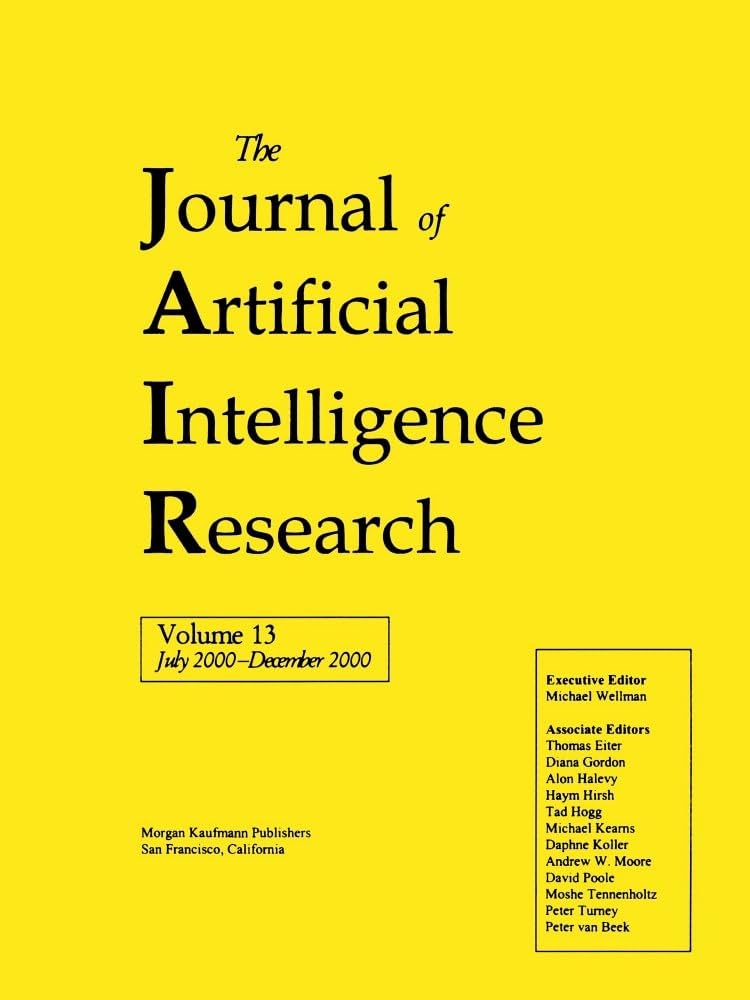线性动力系统观测值预测的公平性
IF 4.5
3区 计算机科学
Q2 COMPUTER SCIENCE, ARTIFICIAL INTELLIGENCE
引用次数: 4
摘要
在机器学习中,训练数据通常捕获一些潜在人群的多个子群体的行为。这种行为通常可以建模为具有未观察状态的未知动力系统的观察。然而,当子组的训练数据没有被仔细控制时,就会出现代表性不足的偏差。为了克服代表性不足的偏见,我们在时间序列预测问题中引入了两个自然的公平性概念:子群公平性和瞬时公平性。这些概念将预测奇偶性扩展到动力系统的学习。我们还展示了使用非交换多项式优化问题的凸化层次的公平性约束学习问题的全局收敛方法。我们还表明,通过利用凸化中的稀疏性,我们可以大大减少方法的运行时间。我们在一个由保险应用和著名的COMPAS数据集驱动的有偏差数据集上的实证结果证明了我们方法的有效性。本文章由计算机程序翻译,如有差异,请以英文原文为准。
Fairness in Forecasting of Observations of Linear Dynamical Systems
In machine learning, training data often capture the behaviour of multiple subgroups of some underlying human population. This behaviour can often be modelled as observations of an unknown dynamical system with an unobserved state. When the training data for the subgroups are not controlled carefully, however, under-representation bias arises. To counter under-representation bias, we introduce two natural notions of fairness in timeseries forecasting problems: subgroup fairness and instantaneous fairness. These notion extend predictive parity to the learning of dynamical systems. We also show globally convergent methods for the fairness-constrained learning problems using hierarchies of convexifications of non-commutative polynomial optimisation problems. We also show that by exploiting sparsity in the convexifications, we can reduce the run time of our methods considerably. Our empirical results on a biased data set motivated by insurance applications and the well-known COMPAS data set demonstrate the efficacy of our methods.
求助全文
通过发布文献求助,成功后即可免费获取论文全文。
去求助
来源期刊

Journal of Artificial Intelligence Research
工程技术-计算机:人工智能
CiteScore
9.60
自引率
4.00%
发文量
98
审稿时长
4 months
期刊介绍:
JAIR(ISSN 1076 - 9757) covers all areas of artificial intelligence (AI), publishing refereed research articles, survey articles, and technical notes. Established in 1993 as one of the first electronic scientific journals, JAIR is indexed by INSPEC, Science Citation Index, and MathSciNet. JAIR reviews papers within approximately three months of submission and publishes accepted articles on the internet immediately upon receiving the final versions. JAIR articles are published for free distribution on the internet by the AI Access Foundation, and for purchase in bound volumes by AAAI Press.
 求助内容:
求助内容: 应助结果提醒方式:
应助结果提醒方式:


